A group representing more than three dozen state lawmakers is calling on Gov. Greg Abbott's administration to fix the paperwork logjam that has made life difficult for some Texas-born children in Mexico.
Leaders of the Mexican American Legislative Caucus in Texas called for change following an investigation by NBC 5 Investigates and Telemundo 39.
That investigation showed the hardships of U.S.-born children, many of them from Texas, whose families moved back to Mexico, leaving behind their children's birth certificates.
Without those certificates, and some way to show Mexican officials that the documents are authentic, the children are sometimes denied basic services -- health care, schooling and, maybe most importantly, a sense of belonging.
But Texas is slow in providing those documents, with families still waiting, because it is one of nine states that have not utilized a system that streamlines the process, the NBC5/T39 investigation found.
In Mexico City, 11-year-old Giovanni Aguilera's family said he waited about 10 months to receive his birth records from Texas, during which time the boy was denied the treatment he needed for a birth defect and hearing disorder.
Finally, Giovanni can apply for dual citizenship, and receive the basic services a child needs. But his mother worries that the delay contributed to a further loss of her son's hearing.
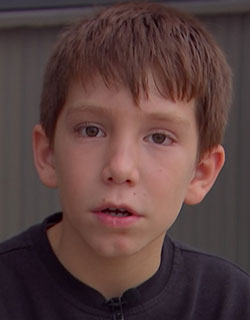
In a different part of Mexico City, another U.S.-born boy suffered.
"That hurted really my feelings."
Small mistakes in grammar as Isaiah transitions mid-sentence between English and Spanish are a reminder of how 9-year-old Isaiah Cruz is transitioning to life in Mexico. He lives with his father in working class Ixtapaluca on the outskirts of Mexico City where he described being told, "I didn't belong," at school.
Isaiah was born in North Carolina, but moved to Mexico when his father, Indalecio, was deported.
Like some children from Texas, Isaiah's family said he was treated as if he was "invisible" -- no country to call home, no classroom to go to -- because he doesn't have a fully certified copy of his U.S. birth certificate, a necessity when pursuing dual citizenship.
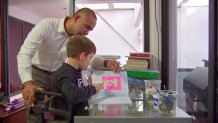
On Isaiah's birth certificate his father's two last names, typical in Latin American countries, were reversed. It's a mistake that occurs sometimes in U.S. hospitals.
To correct the error Isaiah must seek a court order in North Carolina and obtain a certified copy of his birth records in order to begin the process of getting dual citizenship and a CURP, Mexico's equivalent of a U.S. Social Security number.
In Texas, some lawmakers and advocates for Mexican children said costly delays in sending a child's vital records to Mexico could largely be corrected if Texas joined most other states in using a sophisticated authentication system known as EVVE, or Electronic Verification of Vital Events.
After learning of our findings, that is exactly what the leaders of the Mexican American Legislative Caucus is asking of John Hellerstedt, commissioner of the Texas Department of State Health Services.
"The bottom line is Texas should always be number one and not lagging behind" other states that have implemented the EVVE system, said State Rep. Rafael Anchia (D-Dallas), head of the caucus that is comprised of about 40 members of the Texas House.
Forty-one U.S. states currently use EVVE.
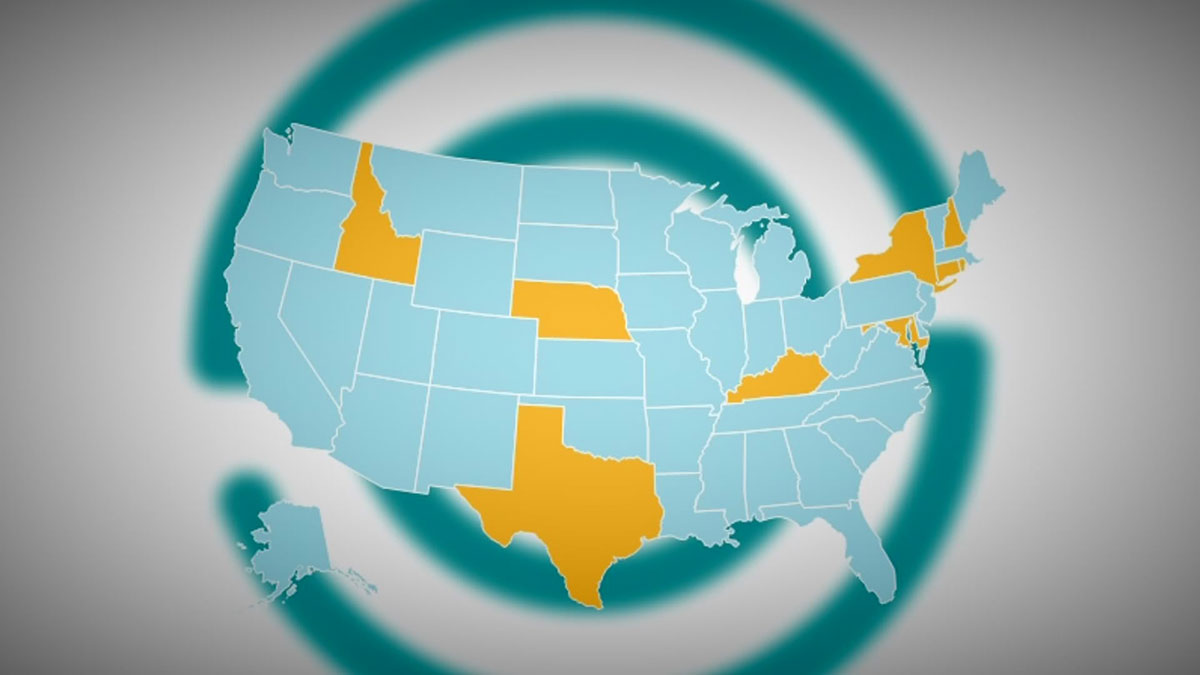
"We need to be getting Texans, as these kids are, their birth certificates as quickly and painlessly as possible," Anchia said in an interview. "It's not acceptable. It's clearly a failure of state government."
Hellerstedt, an Austin pediatrician and Abbott appointee, told NBC5/T39 that his agency is "doing our very best" to speed up the delivery of vital records to Texas-born children in Mexico.
But first, he said, the Department of State Health Services must update its own records and determine how secure the data would be if the state connected to the EVVE system.
Turning EVVE on in Texas would be easy to do, because the state already has the equipment installed, said Anthony Stout of Dallas, the top manager of EVVE.
"It's ready to go and they haven't yet turned it on," Stout said in an interview.
We caught up with Hellerstedt at an Austin event, after his office repeatedly declined our requests for an interview,
He said he has hired more staff to deal with the backlog of requests for birth certificates.
Internal records obtained by NBC5/T39 show that in one year the backlog grew from 26,000 pending requests for records to 66,000.
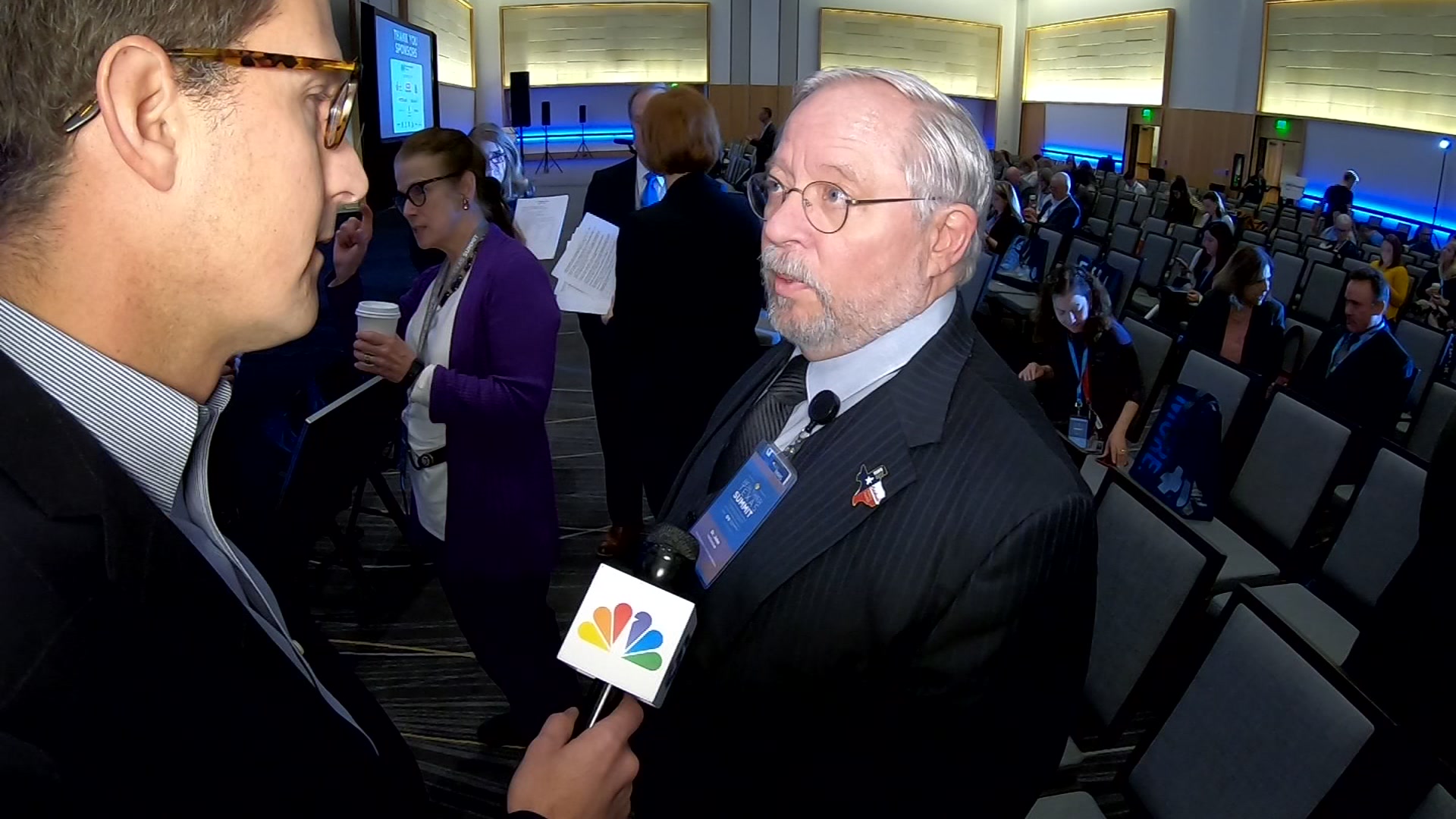
Those records also showed that in September the average time to complete mail-in orders was nearly four months -- far longer than the agency's turn-around goal of 1 1/2 months.
Tony Payan, an associate professor at Rice University who has studied the kids known as "the invisibles" in Mexico, said he feels there is an element of resentment within state government because many of the children were born to parents living undocumented in the United States.
"There is no political will," Payan said, adding: " ... there is a certain hostility toward the immigrant population and so I think that the Texas leadership does not want to participate in this."
Hellerstedt denied the assertion, saying the backlog and delays are not deliberate, but instead the result of the large volume of requests.
Along with seeking action in the state legislature, Anchia said he is imploring officials in Mexico to ensure that kids are not blocked from health care, or delayed in getting their education, while they wait for their birth records from Texas.
Mexican officials told us children should be able to get a temporary ID number, and attend any school, while they wait for their documents.
But our investigation found that is not happening at all of the schools throughout the country.
In some cases, children are told that if they do not have their birth records and a CURP they will not receive credit for school courses. Without those records, officials said, they cannot upload grades into the government's system.
Anchia said Mexico is also to be blame for the paperwork logjam that is keeping Texas-born kids out of the classroom and away from the healthcare they need.
"That to me is immoral and it's a big failure on the part of the Mexican government," he said.
The agency in charge of immigration in Mexico cancelled a scheduled interview with NBC5/T39, and it has not responded to our subsequent requests for comment.
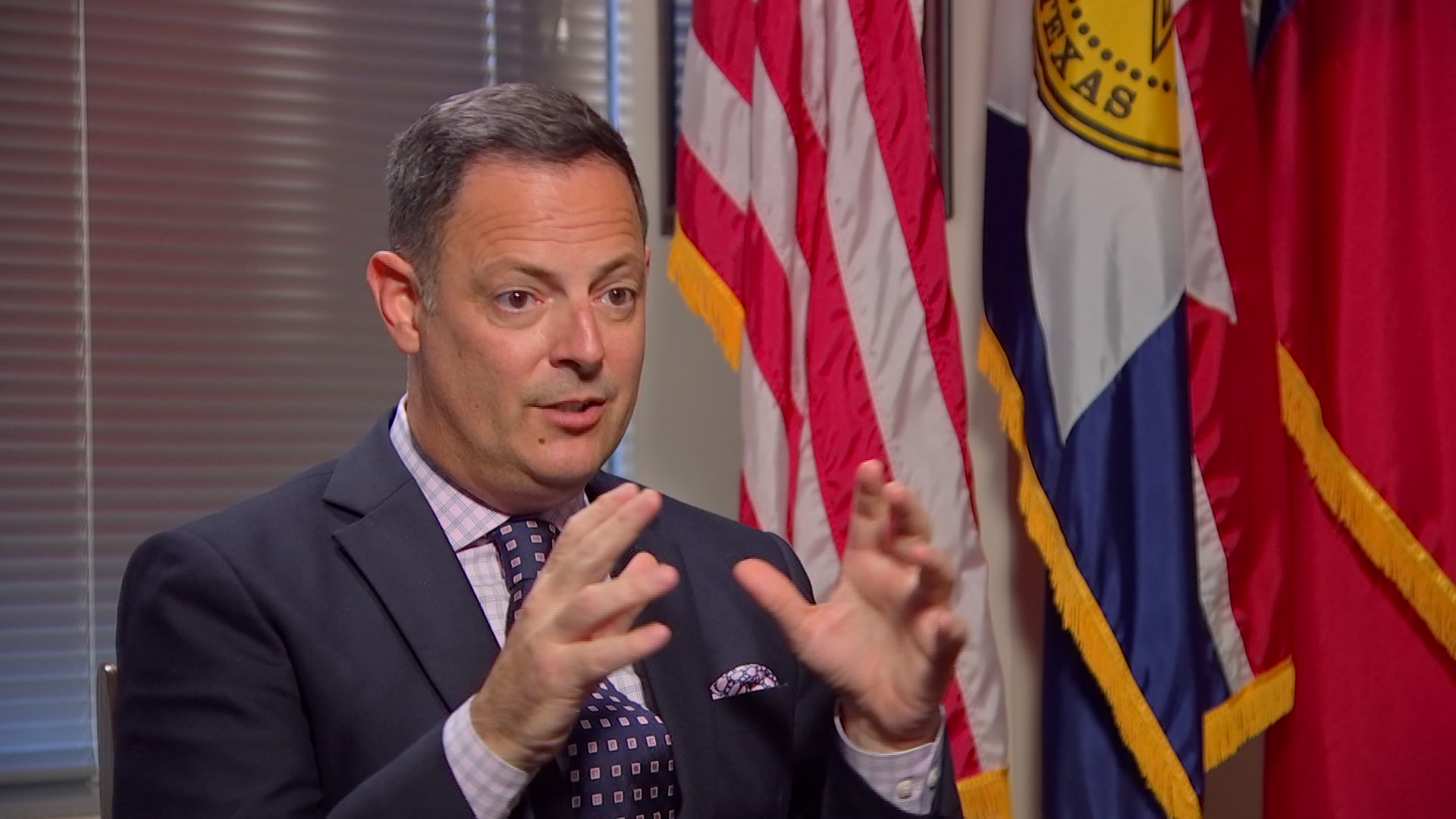
Isaiah Cruz, the 9-year-old who said he was treated at his old school as if he did not exist, is still waiting as his father saves up enough money to apply for his birth records in North Carolina. When that happens, Isaiah can then apply for dual citizenship in Mexico.
The school Isaiah used to attend has a new director who told us he does not know what was said to Isaiah, but in the future he said he would tell staff to treat everyone like they belong, although he confirmed students do need their birth certificate and a CURP to register at the school.
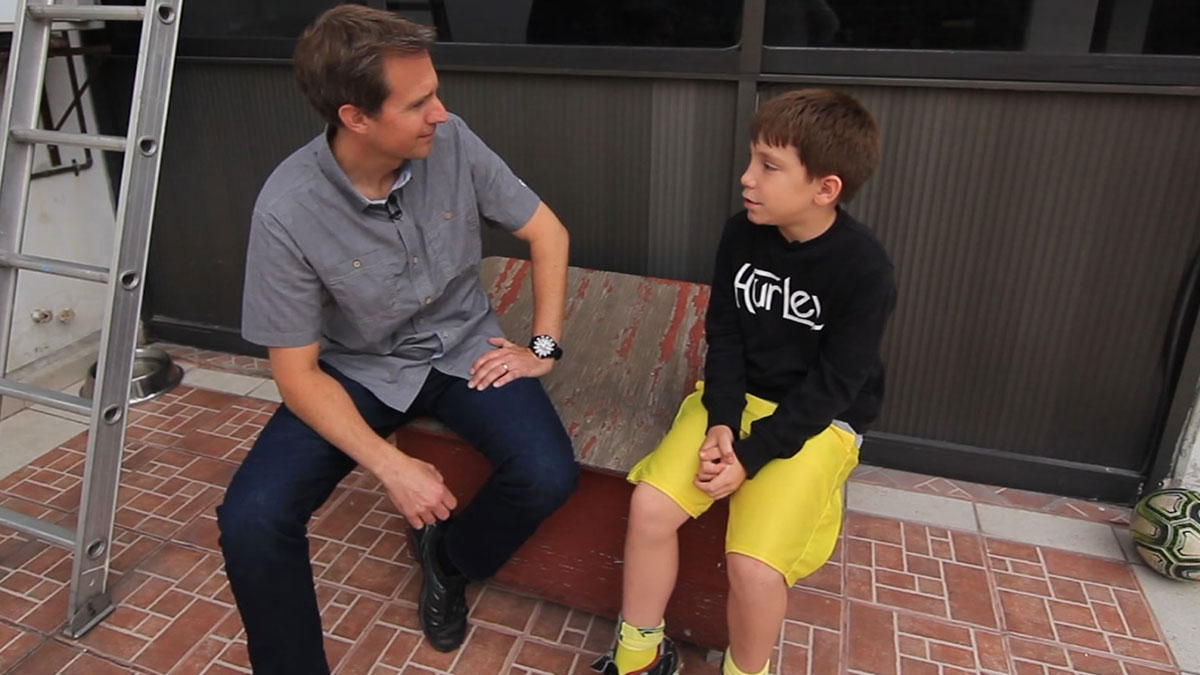
For Isaiah things have gotten better -- he has enrolled in a new school, where the school assisted him in getting a temporary Mexican ID number.
"And the new school that I'm going to," he told us, "they don't tell me that I'm invisible anymore."
"And I like that."
NBC 5's Jack Douglas Jr., Frank Heinz and Dominga Gutierrez contributed to this report.
